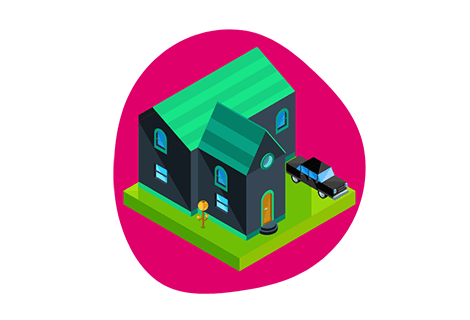
What is a homeowner loan?
A homeowner loan, also known as a secured loan or second mortgage, lets you borrow money by using your property as security. To qualify, you need to own a property, whether it’s a residential home or a buy to let.
This loan can help you raise extra money for different plans. It is often seen as an alternative to remortgages, further advances, or unsecured loans.
Because you use your property as security, lenders may offer more flexibility during the approval process. This can potentially allow you to borrow a larger amount or get a more competitive interest rate compared to other personal loans. However, your property is at risk if you miss your monthly repayments, so make sure the loan is affordable before applying.
To get started, fill out the online enquiry form above, and one of our CeMAP-qualified experts will call you back. Submitting an initial enquiry is simple, and it won’t affect your credit score.
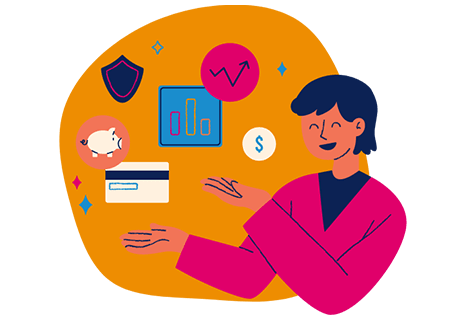
Who are homeowner loans suitable for?
This option is available to people who own a property. However, whether this option is right for you depends on your needs, financial situation, and plans.
They can be suited to people who:
- Are struggling to get approved for other loans.
- Need to borrow more than other loan options allow.
- Require a longer repayment term than other loans offer.
- Are looking for an alternative to remortgaging to avoid losing their current rate or incurring high early repayment charges.
Before applying, it's important to research your options thoroughly and ensure the loan is affordable for you. Taking on any loan carries risk, so if you're unsure, it's good to get advice before moving forward.

What can I use a homeowner loan for?
Homeowner loans can be used for a wide range of purposes including:
- Debt consolidation
- Funding home improvement projects
- Covering the costs of special occasions (e.g. weddings or a dream holiday)
- Other major expenses
As long as your plans are legal, this option may be able to help turn them into reality. Remember, consolidating debt may lengthen the repayment term and increase the total amount you pay over time.
Want to learn more about how we've helped others? Check out some of our case studies to see how we've worked with customers to find solutions tailored to their needs.
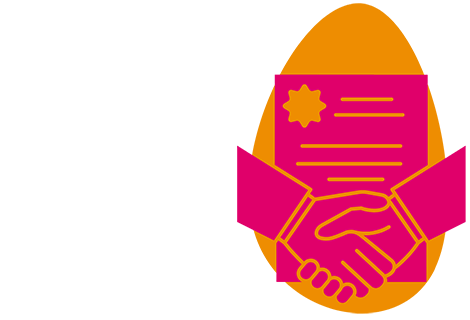
How do homeowner loans work?
It’s essentially a second loan that sits alongside your main mortgage. This means you’ll have two separate loans to manage, and you'll need to make repayments on both.
The benefit of this is that your original mortgage terms won’t be changed. The new loan is entirely separate, so your current rate and mortgage conditions won’t be affected.
Each month, you'll make repayments covering both the loan amount and the interest. As long as you stick to the repayment schedule, the loan will be paid off by the end of the term.
Since the loan is secured against your property, like your first mortgage, failing to repay could put your home at risk of repossession. Although this is usually a final resort.
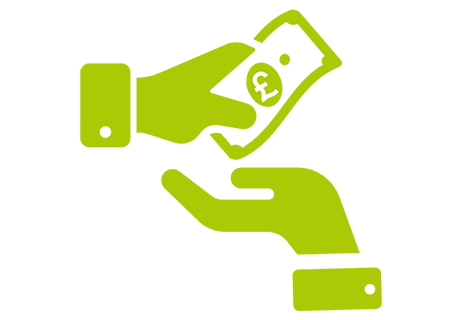
How much can I borrow with a homeowner loan?
We have a range of lenders on our panel offering loans from £5,000 to £1 million. However, what you can borrow depends on a few factors including:
- Equity in your home: The more equity you have, the more you may be able to borrow.
- Credit rating: A higher credit score may enable you to borrow more, as it shows you're managing your current finances well.
- Income: The more you earn, the more you may be able to borrow. We always need to make sure the loan fits your budget and is affordable for you.
We’ll consider all these factors to try and find a loan that meets your needs and offers a repayment plan that works for your situation.
To find out how much you may be able to borrow and see how to get a homeowner loan fast, contact our team of experts today.

Homeowner loan repayment terms: Long vs short
We work with a variety of lenders offering repayment terms from 3 to 30 years. So, whether you want lower monthly payments or prefer to pay off the loan faster, we have options to suit both.
- Longer terms mean lower monthly payments. This makes them more affordable. However, you may pay more interest overall because it adds up over a longer time.
- Shorter terms lead to higher monthly payments, but you may pay less interest overall because you repay the balance faster.
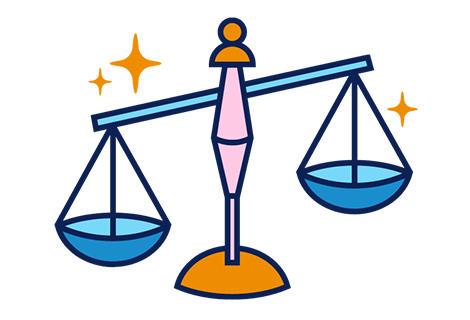
Can I get a homeowner loan with bad credit?
Yes, you may still be eligible for a homeowner loan, even with bad or poor credit.
Since your home is used as security, lenders are often more flexible with their criteria. This means you may have a better chance of getting accepted than with unsecured options. However, remember that interest rates might be higher. The terms could also be less favourable because it is seen as a higher risk for the lender.
If your application is successful and you keep up with your repayments, this loan could help improve your credit score over time. However, missing payments or making late payments could negatively impact your score.
To find out if you qualify, contact one of our experts. We’ll assess your situation and try to find the right solution for you. While we can’t help in every case, we’ll always do our best to find an option that works.
How to apply for a homeowner loan
Getting started is quick and easy. You can even start to apply for homeowner loans online, making the initial process simple. Here’s how it works:
-

Step 1: Submit an enquiry
Fill out our online enquiry form, it’ll only take a few minutes. Or, give us a call to speak directly with one of our friendly experts.
-

Step 2: Speak to an expert
Once we’ve got your enquiry, your dedicated advisor will talk through your needs with you and try to find a suitable solution.
-

Step 3: We'll handle the rest
If we find you a loan and you're happy with the terms, we’ll handle everything else on your behalf.
-

Step 4: Completion
Once everything is completed, the lender will release the funds, and you can move forward with your plans.





